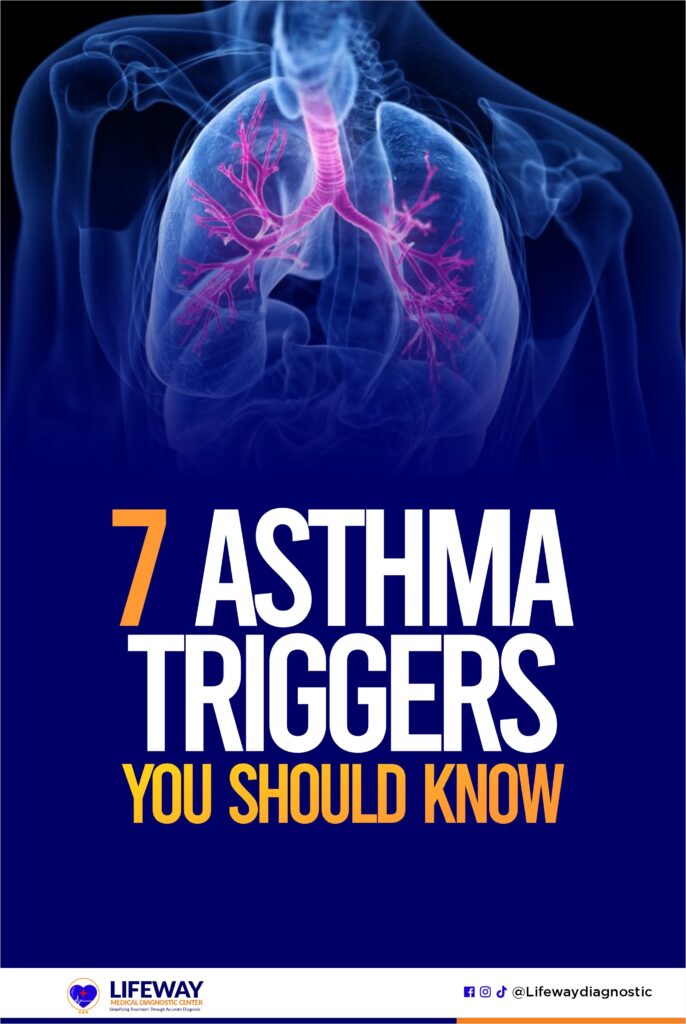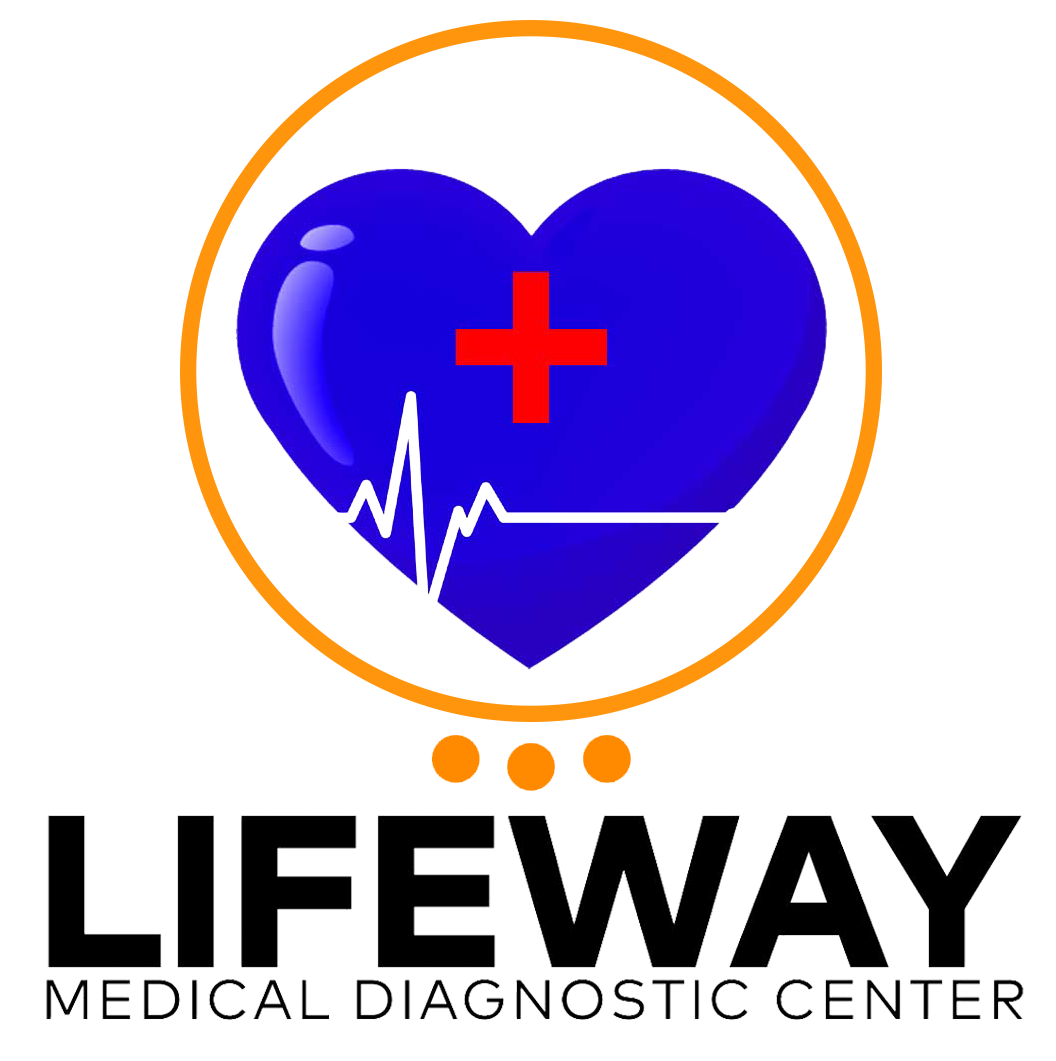Asthma is a chronic respiratory condition that affects millions of people worldwide. While there is no cure for asthma, managing the condition and avoiding asthma triggers can help individuals maintain better control over their symptoms.

A small percentage of people with asthma have a more severe, difficult-to-control form of the condition.
With the right treatment plan and by avoiding triggers, most people with asthma can manage their symptoms effectively and live active, healthy lives.
Childhood asthma is common, affecting up to 1 in 10 children. Early diagnosis and proper management are crucial to prevent long-term lung damage.
In this article, we’ll explore 7 common asthma triggers and provide tips on how to minimize exposure to them.
What is Asthma?
Asthma is a long-term lung disease that makes the airways in your lungs get swollen and narrow. This leads to symptoms like wheezing, coughing, chest tightness, and shortness of breath. Asthma is a lifelong condition that requires ongoing management.
The exact causes are unknown, but they involve genetic and environmental factors.
Asthma is also commonly associated with conditions like allergies, sinusitis, and gastroesophageal reflux disease.
Causes and Risk Factors of Asthma
The common risk factors of asthma include:
- Family history of asthma
- Exposure to allergens and irritants
- Respiratory infections early in life
- Obesity
- Smoking, both active and secondhand
Diagnosis of Asthma
Asthma is diagnosed through a physical exam, medical history, and lung function tests like spirometry. The doctor will consider all of these diagnostic tools, along with your reported symptoms, to make an asthma diagnosis.
a. Spirometry
This test measures how much air you can breathe in and out, and how quickly. It helps diagnose asthma and monitor lung function.
Read more: Spirometry: Understanding and Preparation
b. Peak Flow Test
This portable device measures how fast you can blow air out of your lungs. It helps detect airflow limitations.
c. Imaging Tests
Chest X-rays or CT scans may be used to rule out other lung conditions.
Read more: Where to get a CT Scan near me
d. Challenge Tests
In some cases, the doctor may have you inhale substances that are known to trigger asthma symptoms, like cold air or exercise, to see how your lungs respond.
e. Allergy Testing
Skin or blood tests can identify allergic triggers that may be causing asthma symptoms.
Symptoms of Asthma
The main symptoms of asthma include:
- Wheezing
- Coughing, especially at night
- Chest tightness or pain
- Shortness of breath
- Difficulty breathing
7 Asthma Triggers You Should Know
Certain factors can trigger or worsen asthma symptoms, and they include:
1. Respiratory Infections
Viral and bacterial respiratory infections, such as the common cold or flu, can worsen asthma symptoms. These infections can cause inflammation and swelling in the airways, making it harder to breathe.
2. Air Pollution
Exposure to air pollutants, such as smoke, smog, and car exhaust, can aggravate asthma symptoms. These pollutants can irritate the airways and cause inflammation of the lungs.
3. Stress and Emotions
Emotional stress and anxiety can also trigger asthma symptoms. Stress can cause the body to release hormones that can lead to inflammation and constriction of the airways.
4. Changes in Weather
Sudden changes in temperature or humidity can be asthma triggers. For example, cold air or high humidity can cause the airways to constrict, leading to breathing difficulties.
5. Allergens
Allergens like pollen, dust mites, pet dander, and mold can be potent asthma triggers for many people. Exposure to these substances can cause the airways to become inflamed and irritated, leading to coughing, wheezing, and difficulty breathing.
6. Physical Activity
While exercise is generally beneficial for overall health, strenuous physical activity can be an asthma trigger for some individuals. Furthermore, this can lead to breathing difficulties.
7. Medications
Some medications, such as aspirin, ibuprofen, and beta-blockers, can also trigger asthma symptoms in certain individuals.
How to avoid asthma triggers
Here are some tips on how to minimize exposure to common asthma triggers in daily life:
- Wash bedding frequently in hot water to kill dust mites.
- Avoid close contact with people who have respiratory illnesses.
- Dress appropriately for weather changes and cover your mouth and nose in cold air.
- Get annual flu and pneumonia vaccines to reduce the risk of infection.
- Warm up properly before exercise and use rescue inhalers as needed.
- Incorporate stress-reducing techniques like meditation, deep breathing, or yoga.
- Use HEPA air purifiers and ensure proper ventilation indoors.
- Avoid heavily trafficked areas and smoke-filled environments.
- Inform your healthcare provider about all medications you are taking.
Conclusion
By being aware of these asthma triggers and also executing strategies to minimize exposure, individuals with asthma can better control their symptoms and improve their overall quality of life.
It is important to know that asthma is not a death sentence. While there is truly no cure for asthma, it can be effectively managed.
Recommendations
- Health Benefits of Oatmeal
- How To Perform CPR (Cardiopulmonary Resuscitation)
- What Causes Shortness of Breath?
- Having a heart attack when you are young
- Health Benefits of Taking a Nap
